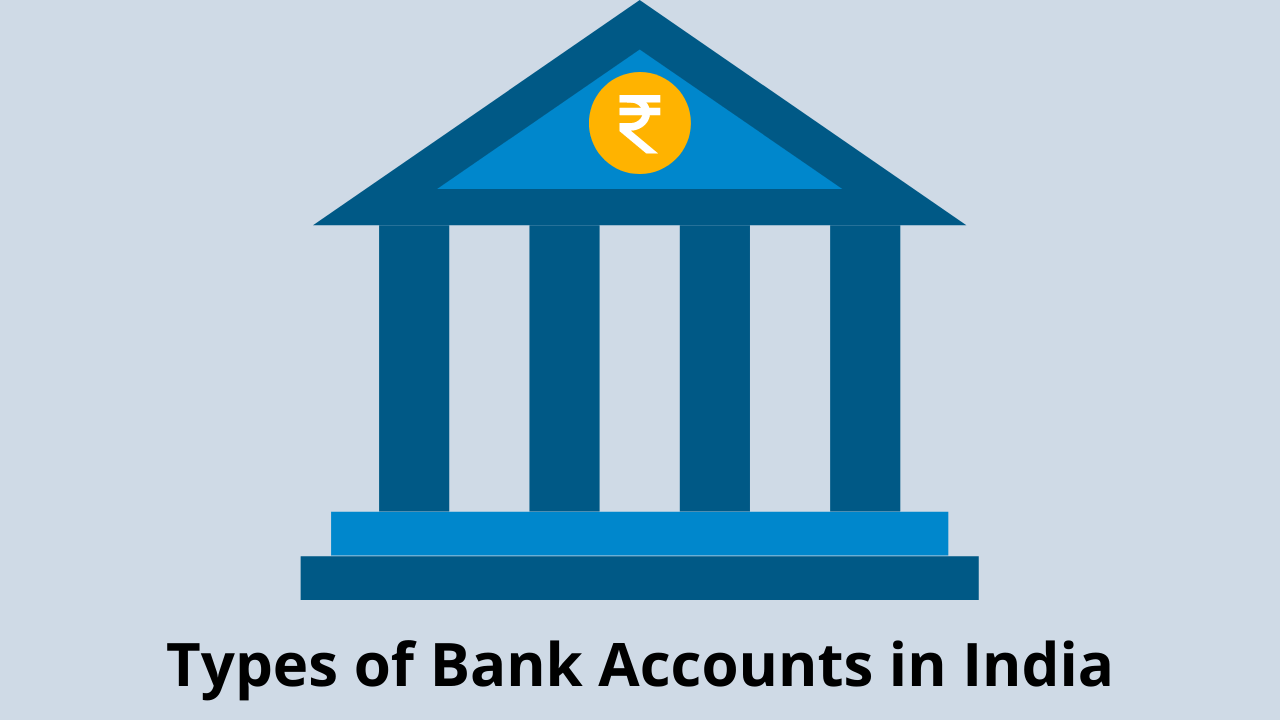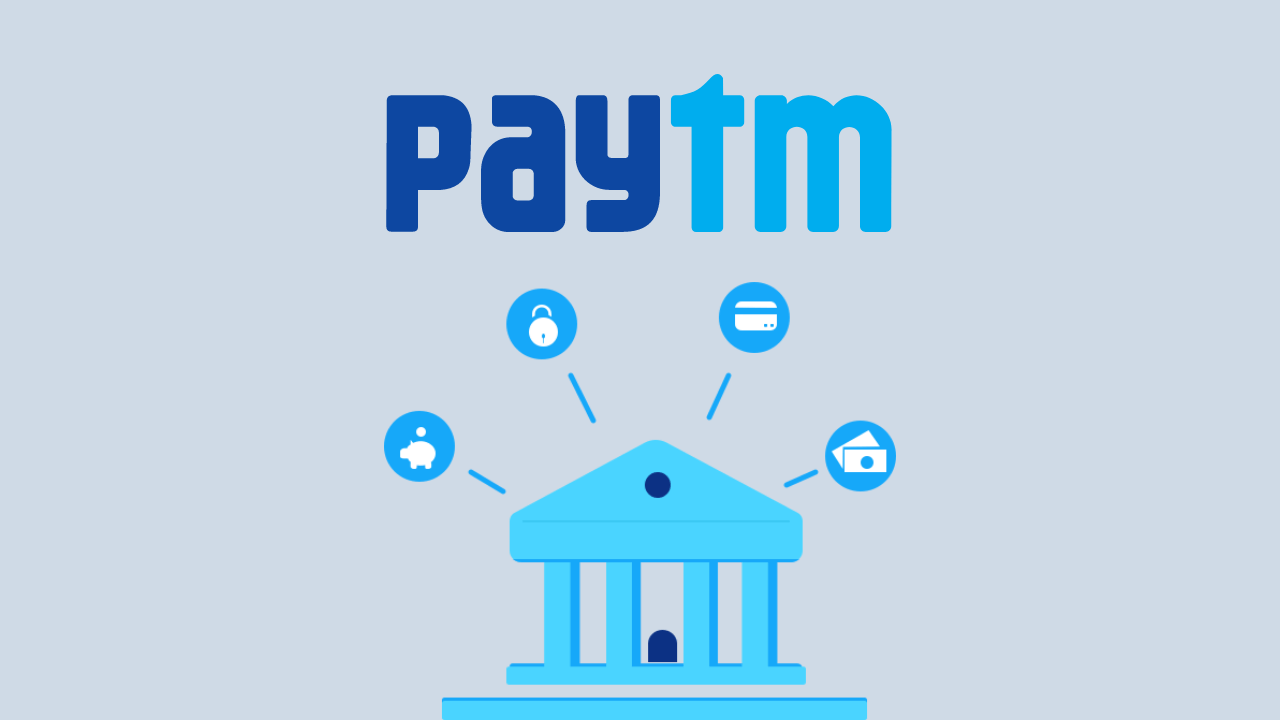In the realm of financial markets, the National Stock Exchange (NSC) stands as a significant player, offering a platform for buying and selling securities. For those new to investing or eager to comprehend the stock market landscape, understanding what NSC entails can be a pivotal starting point.
What is NSC?
The National Stock Exchange is a leading stock exchange in India, enabling investors to trade various financial instruments, including equities, derivatives, exchange-traded funds (ETFs), and more. It provides a regulated platform where buyers and sellers can engage in transactions, influencing prices of securities based on demand and supply dynamics.
Key Functions of NSC:
- Trading Platform:
NSC operates as an electronic platform, facilitating seamless trading activities. It utilizes advanced technology to match buy and sell orders, ensuring fair and transparent transactions for investors. - Listing of Securities:
Companies seeking to raise capital by offering shares to the public can list their securities on the NSC. This allows them to access a broader investor base and raise funds for business expansion. - Index Management:
NSC manages various market indices, such as Nifty 50 and Nifty Bank, which serve as benchmarks for market performance. These indices track the price movements of selected stocks, providing insights into the overall market trends. - Investor Protection:
Upholding investor interests is a priority for NSC. It implements stringent regulations, monitoring trading activities to prevent market manipulation and ensure fair practices.
Why is NSC Important?
- Investment Opportunities:
NSC offers a plethora of investment avenues, allowing individuals to diversify their portfolios. Investors can choose from a range of stocks, derivatives, and other financial instruments based on their risk appetite and investment goals. - Economic Indicator:
The performance of stock exchanges like NSC often reflects the economic health of a country. A flourishing stock market can indicate a robust economy, while fluctuations may signify underlying challenges. - Wealth Creation:
Participation in NSC provides an opportunity for wealth creation. By investing in fundamentally strong companies, individuals can benefit from capital appreciation and dividends over time.
How to Invest via NSC?
- Open a Demat Account:
To start investing in NSC, individuals need a Demat (Dematerialized) account, which holds securities in electronic form. Various financial institutions and brokerage firms offer Demat account services. - Research and Analysis:
Conduct thorough research and analysis before investing. Understand company fundamentals, market trends, and economic factors that could impact the chosen securities. - Consult a Financial Advisor:
Seek guidance from a certified financial advisor or broker, especially if you’re new to investing. They can offer insights and strategies tailored to your financial goals.
In Conclusion:
The National Stock Exchange (NSC) serves as a vital platform for investors to engage in buying and selling securities, contributing to wealth creation and economic growth. Understanding its functions and significance can empower individuals to navigate the world of investing more confidently.
As you embark on your investment journey, remember that markets fluctuate, and thorough research is key to making informed decisions. With NSC’s regulated platform, seizing investment opportunities while mitigating risks becomes a plausible endeavor for aspiring investors.
Begin your investment journey wisely, harnessing the potential offered by NSC to pave the way towards financial growth and stability.
Keywords: National Stock Exchange, NSC, stock market, investing, securities, trading platform, investment opportunities, wealth creation.









